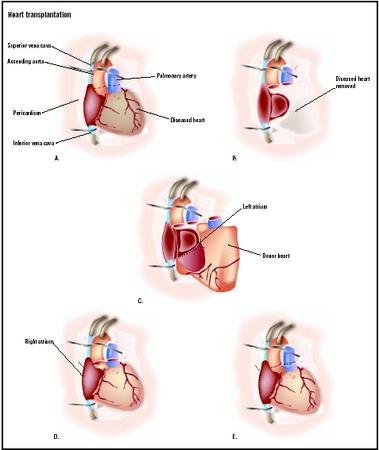
- Liver cancer is the fifth most common cancer in the world and the majority of patients with liver cancer will die within one year as a result of the cancer.
- In the U.S., patients with associated cirrhosis caused by chronic hepatitis B or C infections, alcohol, and hemochromatosis are at the greatest risk of developing liver cancer.
- Patients with chronic liver disease (for example, hepatitis C virus, hepatitis B virus, or hemochromatosis) should avoid drinking alcohol, which can further increase their risk of developing cirrhosis and liver cancer.
- Many patients with liver cancer do not develop symptoms until the advanced stages of the tumor. When the patient does develop symptoms, the prognosis is usually poor.
- The combination of an imaging study (ultrasound, CT, or MRI scans) and an elevated blood level of alpha-fetoprotein most effectively diagnoses liver cancer.
- A liver biopsy can make a definitive diagnosis of liver cancer, but the procedure requires an expert liver pathologist and is not necessary for all patients.
- The natural history of liver cancer is quite variable, and depends on the stage of the tumor and the severity of the associated cirrhosis.
- Medical treatments for liver cancer, including chemotherapy, chemoembolization, ablation, and proton beam therapy, are not very effective.
- Surgical resection (removal) of the tumor may be very effective for a select group of individuals with liver cancer, specifically for those with small tumors and excellent liver function.
- For patients with small liver cancer and significant associated liver disease, liver transplantation offers the best chance for cure.
REFERENCES: Garden OJ, Rees M, Poston GJ, Mirza D, Saunders M, Ledermann J, Primrose JN, Parks RW. Guidelines for resection of colorectal cancer liver metastases. Gut. 2006 Aug;55 Suppl 3:iii1-8.
Brown DB, Geschwind JF, Soulen MC, Millward SF, Sacks D. Society of Interventional Radiology position statement on chemoembolization of hepatic malignancies. J Vasc Interv Radiol. 2006 Feb;17(2 Pt 1):217-23.
Bruix J, Sherman M; Practice Guidelines Committee, American Association for the Study of Liver Diseases. Management of hepatocellular carcinoma. Hepatology. 2005 Nov;42(5):1208-36.
Medically Reviewed by Paul Oneill, MD, Board Certified Oncology
|
Bookmark this post:
|
|

0 comments
Post a Comment